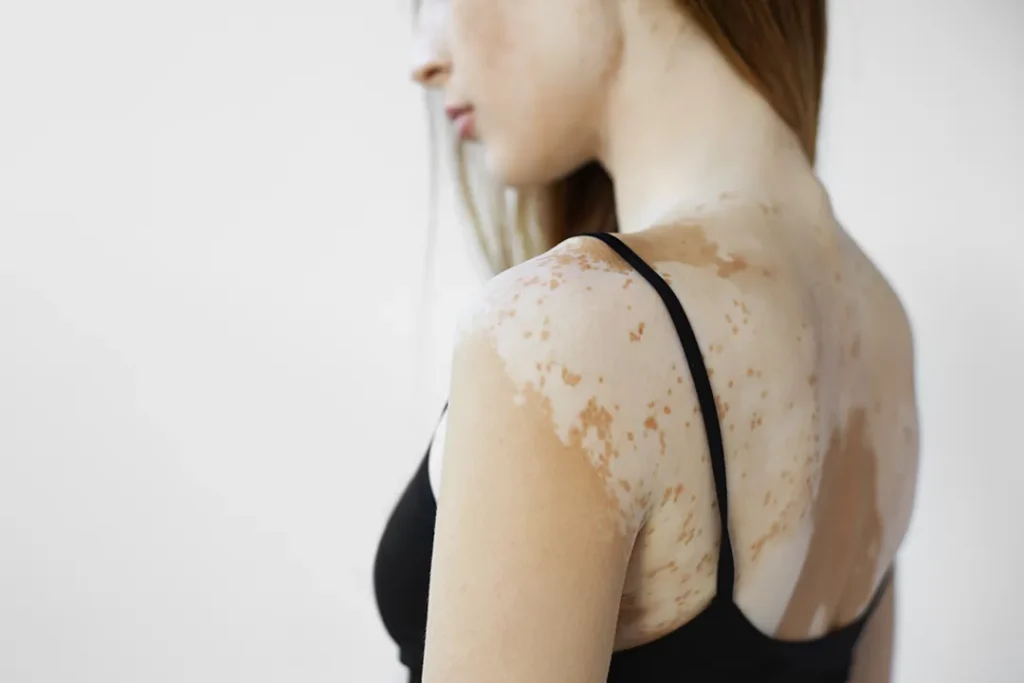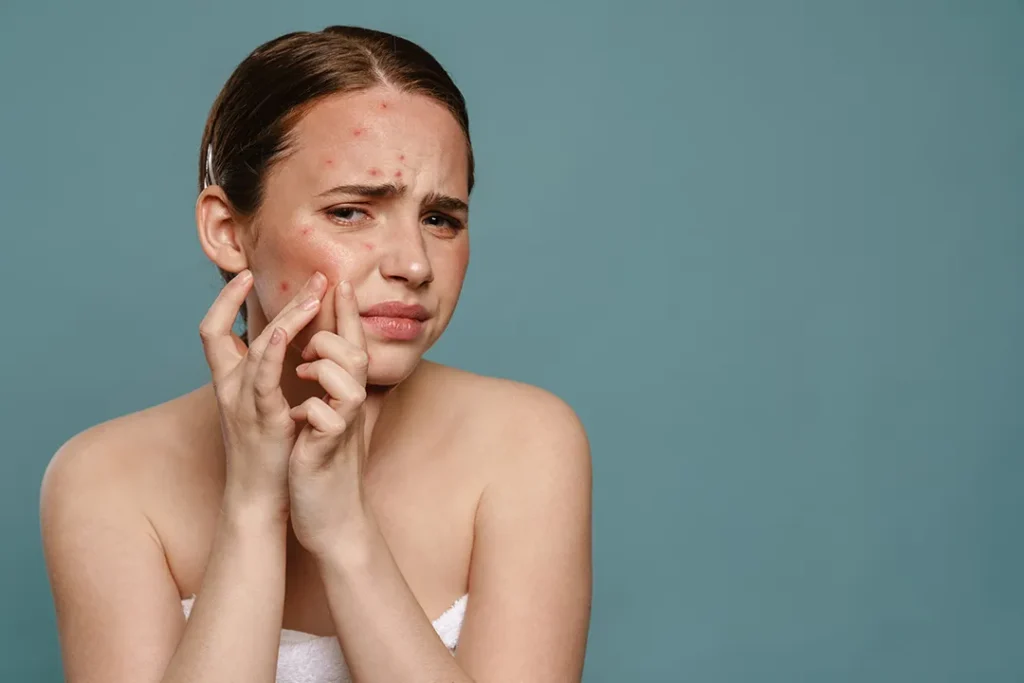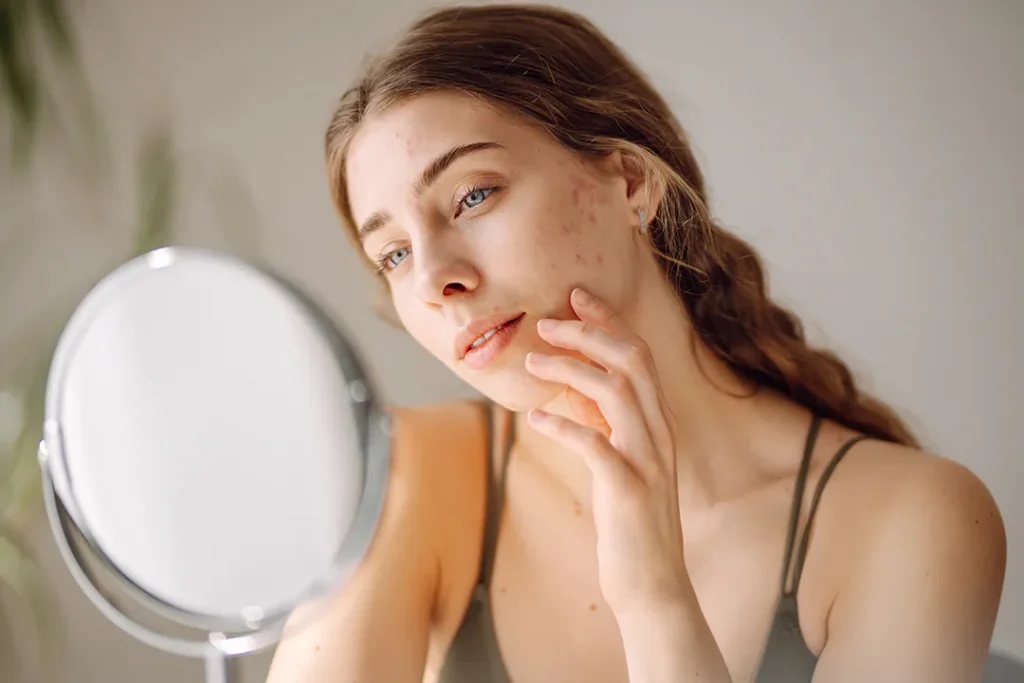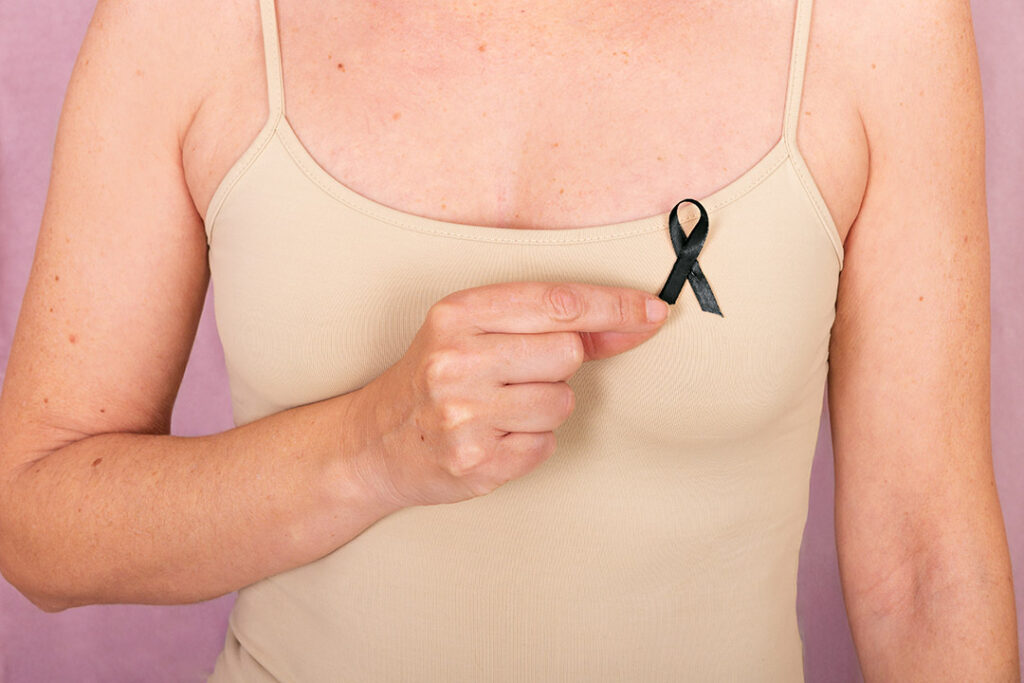Sunscreen Smackdown: Physical vs Chemical
One question we’re often asked is whether it’s better to use a physical or a chemical sunscreen? What’s the difference? Good question!
Chemical sunscreens contain ingredients that absorb UV rays. When they come in contact with the sun, these sunscreens trigger a chemical reaction that converts UV rays into heat, releasing them from the body. There are a few things you should keep in mind if you are looking to use a chemical sunscreen. Some people with sensitive skin may find chemical sunscreens more irritating than physical sunscreens so it is always a good idea to do a patch test if you have sensitive skin. Chemical sunscreens also need to be applied 15 minutes prior to sun exposure to give you full protection. On the plus side, chemical sunscreens are quick and easy to apply and don’t leave a white film on the skin the way mineral sunscreens can. Lastly, chemical sunscreens need to be re-applied every 2-4 hours (depending on the manufacturer’s instructions). And just in case you were wondering, the chemicals used for sun protection in sunscreen are absorbed into the skin but do not make it into the blood stream. FYI, they are also safe for use during pregnancy and breastfeeding.
Physical sunscreens reflect the rays by creating a barrier with minerals such as Titanium Dioxide and Zinc Oxide. Rather than being absorbed, these tiny mineral particles sit on the surface of the skin to prevent UV rays from penetrating it. They offer immediate protection from the sun. However, you do need to be careful not to rub it off the skin as this will decrease the sun protection. Physical sunscreens tend to be thicker than chemical ones and often have a slight white sheen as they are made from ground minerals. It is a difficult (and expensive) process to create a physical sunscreen that looks and feels like a chemical one so it is rare to find one in the same price range. For this reason, physical sunscreens are often incorporated into makeup as the minerals help give a nice natural colour while providing sun protection. Just like chemical sunscreens, physical ones do need to be re-applied every 2-4 hours or after swimming or anytime it may have been rubbed off the skin.
Aspect Sun Physical Sun Protection SPF 50+ adds glycerine to its formulation to protect skin even more, to minimise ageing. Another plus for mineral/physical sunscreens is that they are long-lasting. They need to be re-applied regularly, but not as often. Another excellent addition to your sun care kit is Intellishade TruPhysical from Revision Skincare. It’s a tinted moisturiser with over 20 anti-ageing ingredients included which also gives SPF 45+ protection.
Which type of product offers the best protection for your skin? That’s the million-dollar question. A consult with a member of our expert skin team can help you with your decision.
7 Additional Ways Summer Months Stress Skin
We would be remiss not to note the sun isn’t the only culprit when it comes to skin health during the summer months. Your skin may also act up and break out due to:
- Heat
- Humidity
- Sweat
- Too much time in salt water
- Pollution
- Dehydration
- Bushfire smoke
Sun protection doesn’t address these issues, but many of the treatments and products we offer can. Just ask!
4 Simple Tips for Better Sun Protection
Now you have a better handle on the way sun protection works, it’s time for you to learn four simple rules for getting the most out of summer without putting your skin at risk. Remember to:
- Apply sunscreen whenever you go outside
- Don’t overlook any exposed areas including feet, nose, and ears
- Reapply as recommended, more if you are sweating a lot
- Wear a hat and sunglasses whenever possible to protect your skin and eyes.
Austin Clinic Has Help for Sun-Damaged Skin
If your skin is looking aged and weathered, Austin Clinic wants to help. We have outstanding treatments such as Hydrafacial and microdermabrasion to nourish and rejuvenate sun-damaged skin. We want you to enjoy sun, fun, and freedom from skin damage. If you’d like to know more about the services we offer, contact Austin Clinic by phone or book online. We’re waiting to hear from you.




